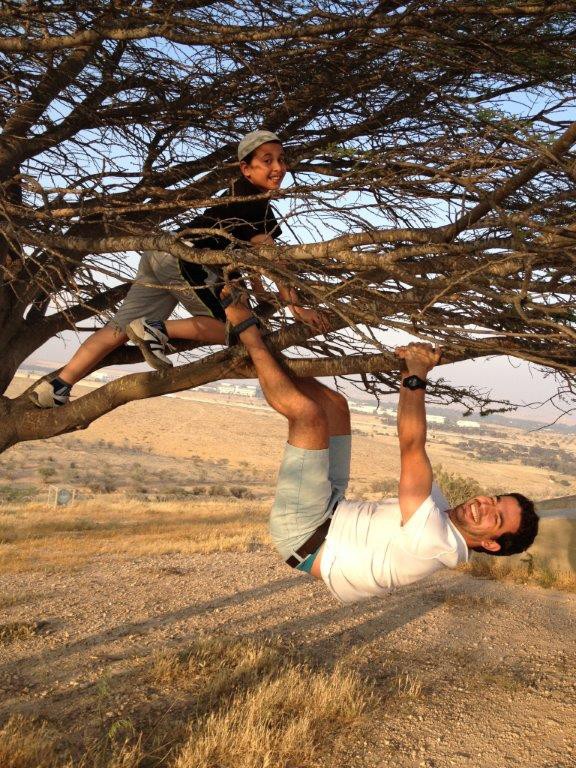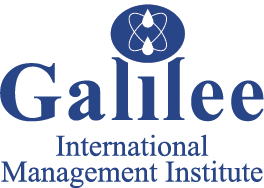A Successful Project that has Engaged Communities with Universities
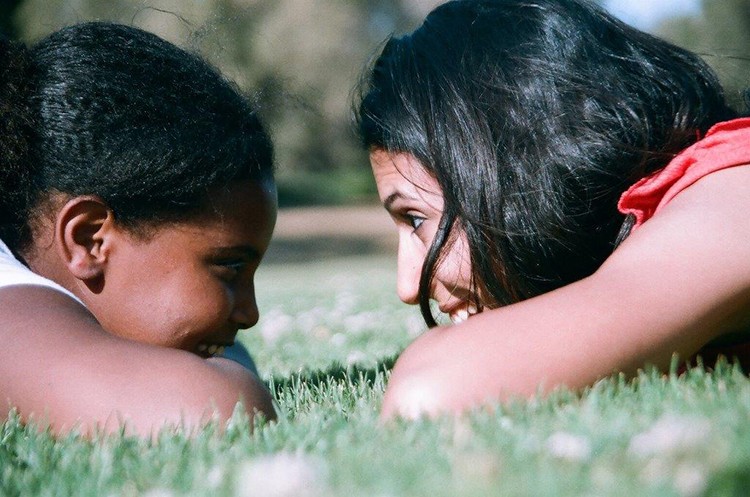
Every so often, a genius comes up with a win-win situation in which all concerned benefit. We may blink our eyes and shake our heads in disbelief, but indeed it can be done!
The phenomenal success of the project PERACH is one such story. The project has been working for over 40 years, with higher education institutions and local schools offering scholarships to students willing to invest four hours a week in mentoring the neediest children in the surrounding communities. The winners? 1) The students who receive the scholarship, 2) The children who receive a high quality mentor, 3) The university that does not lose any money and may even make a profit and 4) The local schools and teachers who are able to offer assistance to the most needy pupils, with little effort on their own part. If we step back for a wider look, we will find even more winners: the families of the children, the municipalities, the government and the communities
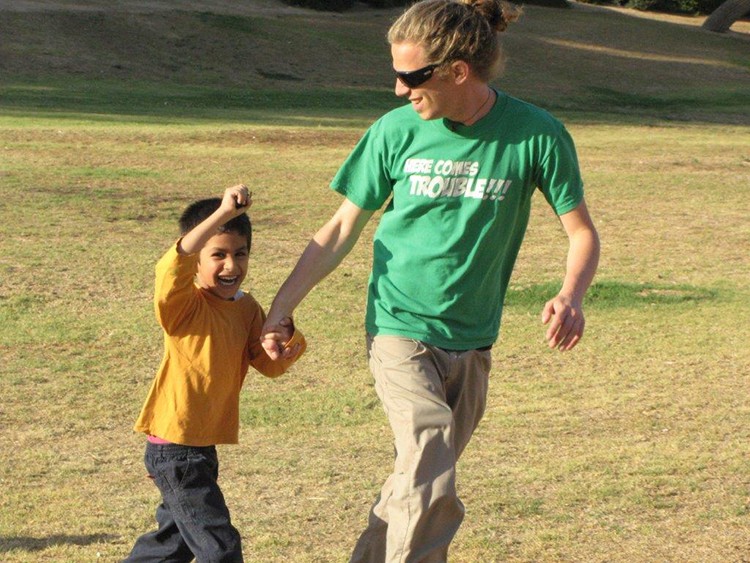
The project is a meaningful one, requiring great involvement. Its coordinators interview each child and visit their homes. The students chosen to be their mentors receive guidance before they begin working with them and while on the job. Today, in Israel , PERACH works with every institution defined as a higher education institution. In its peak year 32,000 students received scholarships to mentor children from 1,200 schools (a third of the schools in Israel). Though all schools are interested in working with the project, the organisation prefers to work with the neediest.
The PERACH model has been implemented in countries across the world. It has already been established in 100s of universities in about 25 countries, with Mexico delivering the largest project outside of Israel.
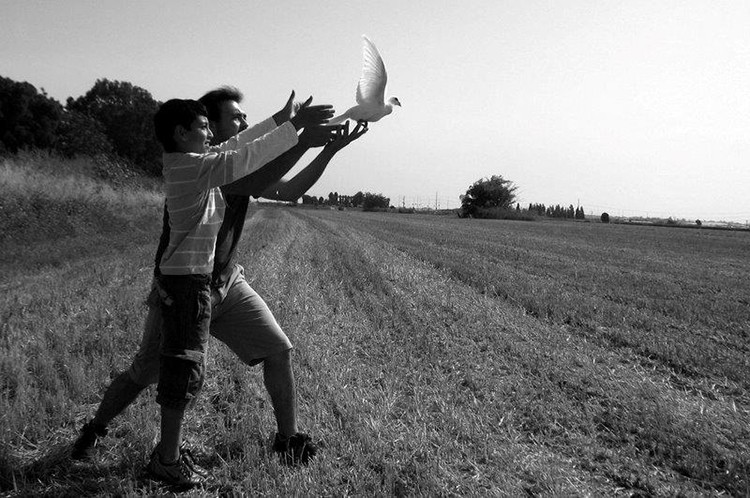
How?
To answer this burning question, we spoke to Dr. Amos Carmeli - President of PERACH International, Former CEO of PERACH (for forty years) and lecturer at Galilee Institute’s Centre for Higher Education. He told us a story of young daring spirit.
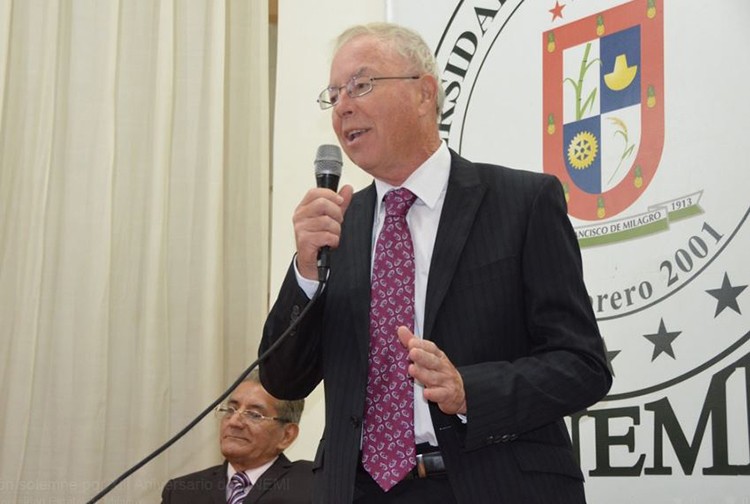
Dr. Amos Carmeli
About 35 years ago, Carmeli convinced the government committee, responsible for determining the student fees in government funded universities, to double the tuition and offer a 60% scholarship to students who will invest four hours per week, with a needy child. Of course, this sounded like a crazy idea. Every student will request a scholarship! Carmeli tells that, for whatever reason, he found himself boldly claiming that no more than 25% of the students will ask for the scholarship. The committee took the risk and Carmeli's gut feeling proved to be correct. No more than 25% of the students requested the scholarship.
Now that Perach model has been successfully implemented across the globe, Carmeli can testify that it can succeed anywhere. The project requires very little money and higher education institutions may even profit from it. Further, funding such a project has not proven to be a challenge as its values are widely supported.
A New Paradigm
When Perach was a young NGO, it was revolutionary in its approach to offering student scholarships. Carmeli says that he was inspired by JFK’s quote “Ask not what your country can do for you, ask what you can do for your country.”
“Students mostly come from the upper middle class,” he explained. “That says a lot about the life they will have and even how long they will live.” The organisation’s first leaders believed that these privileged young people should give back to society. Today more and more NGOs require that students contribute in exchange for financial support rather than simply receive money.
Four years ago Carmeli retired from his role as CEO of the organisation. He began to focus on spreading this paradigm and establishing Perach in as many countries across the globe as possible. “It is a proven success,” he says excitedly. “Children and students everywhere have proven to be the same. Perach can work everywhere, for everyone.”
